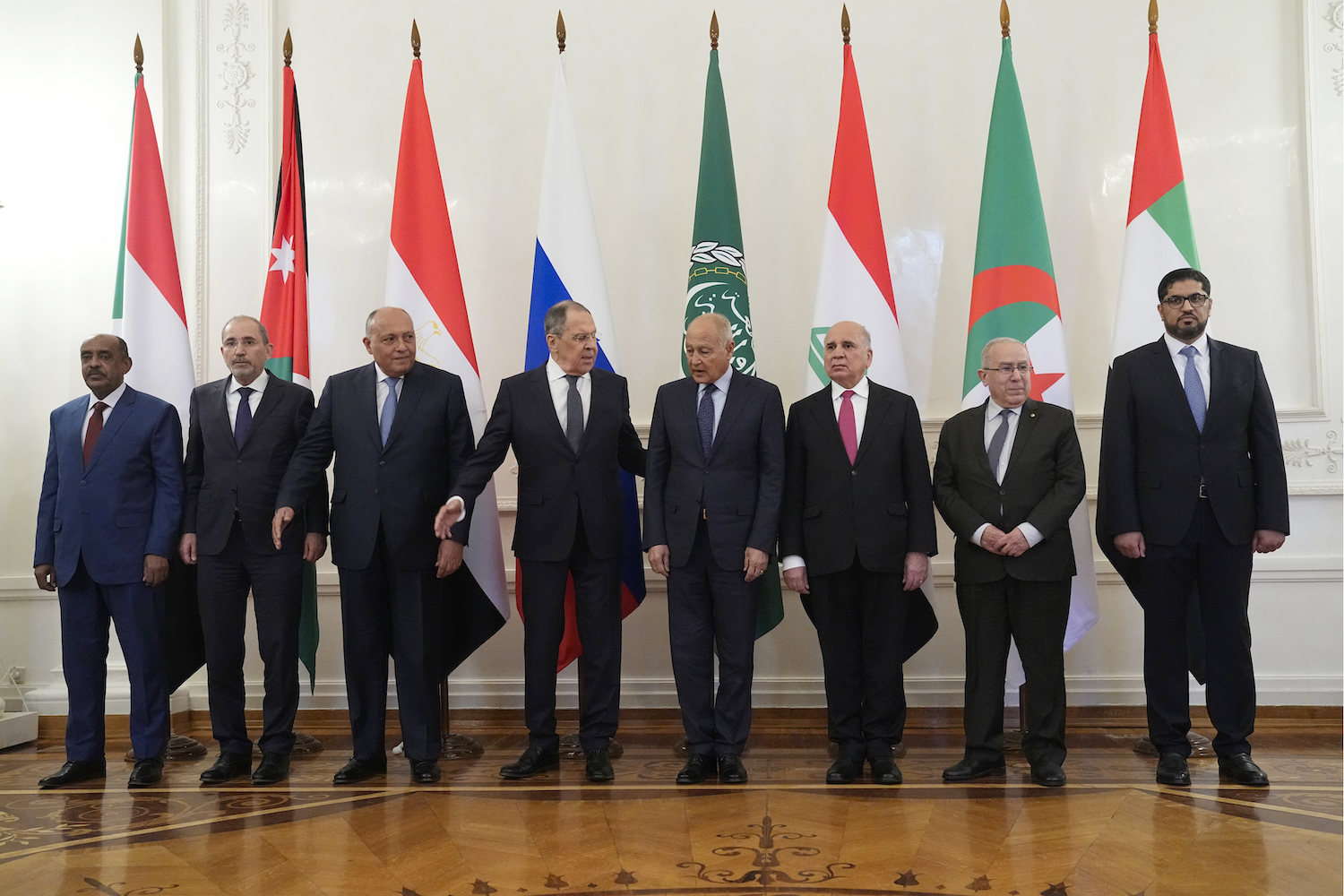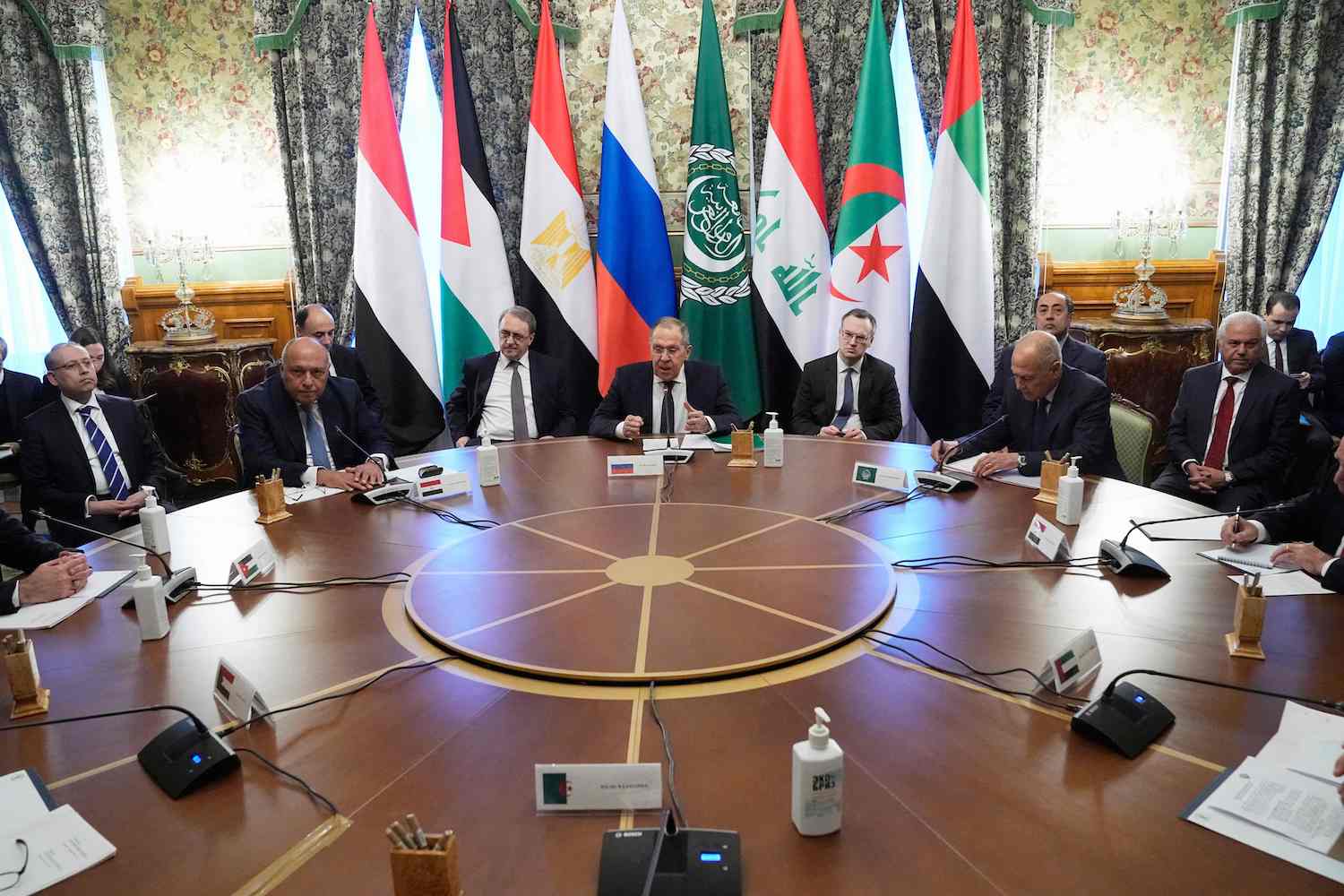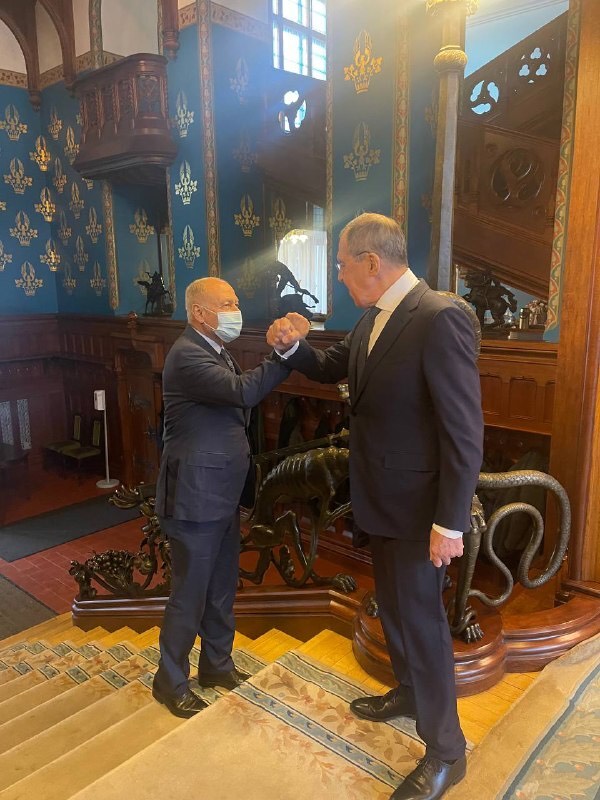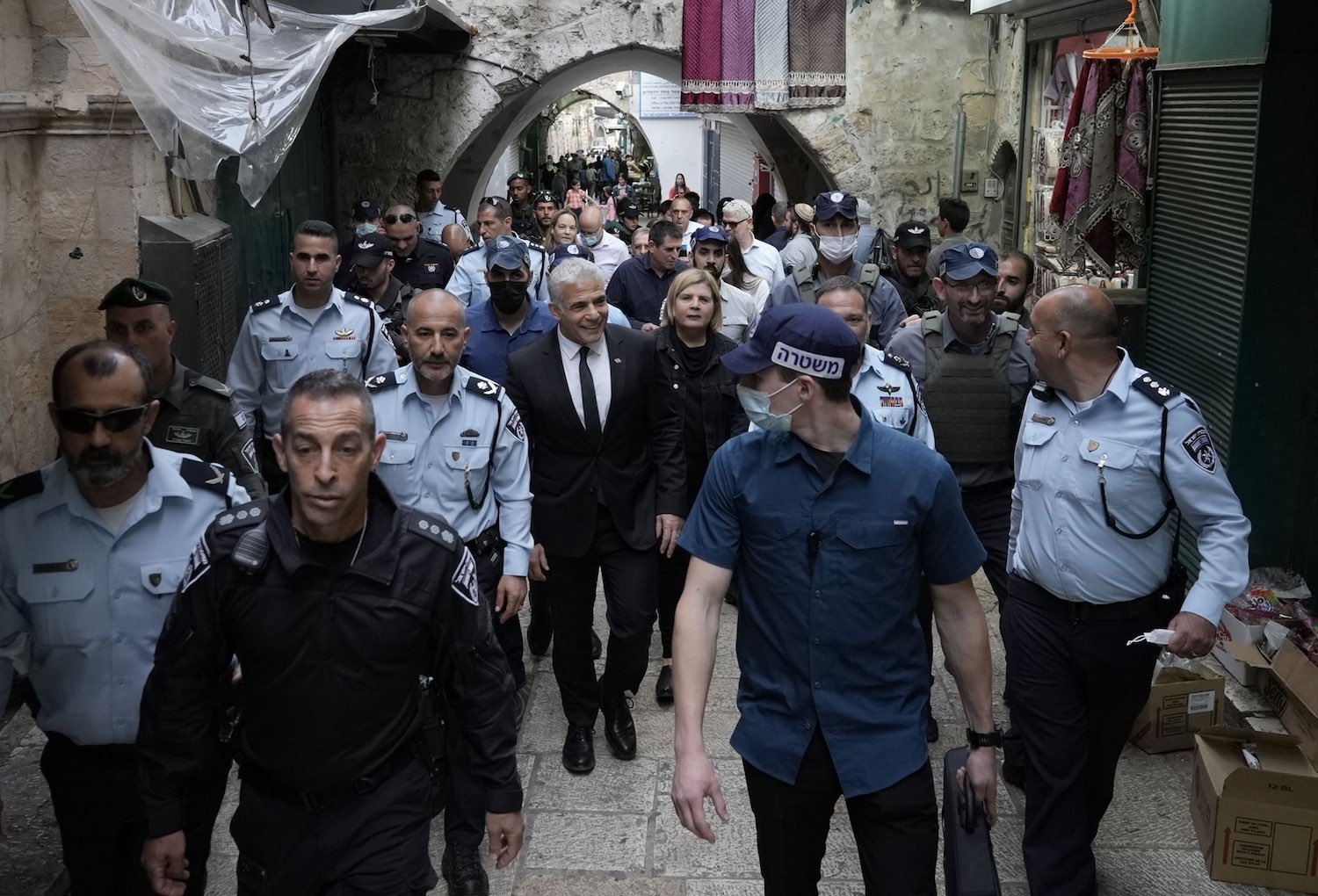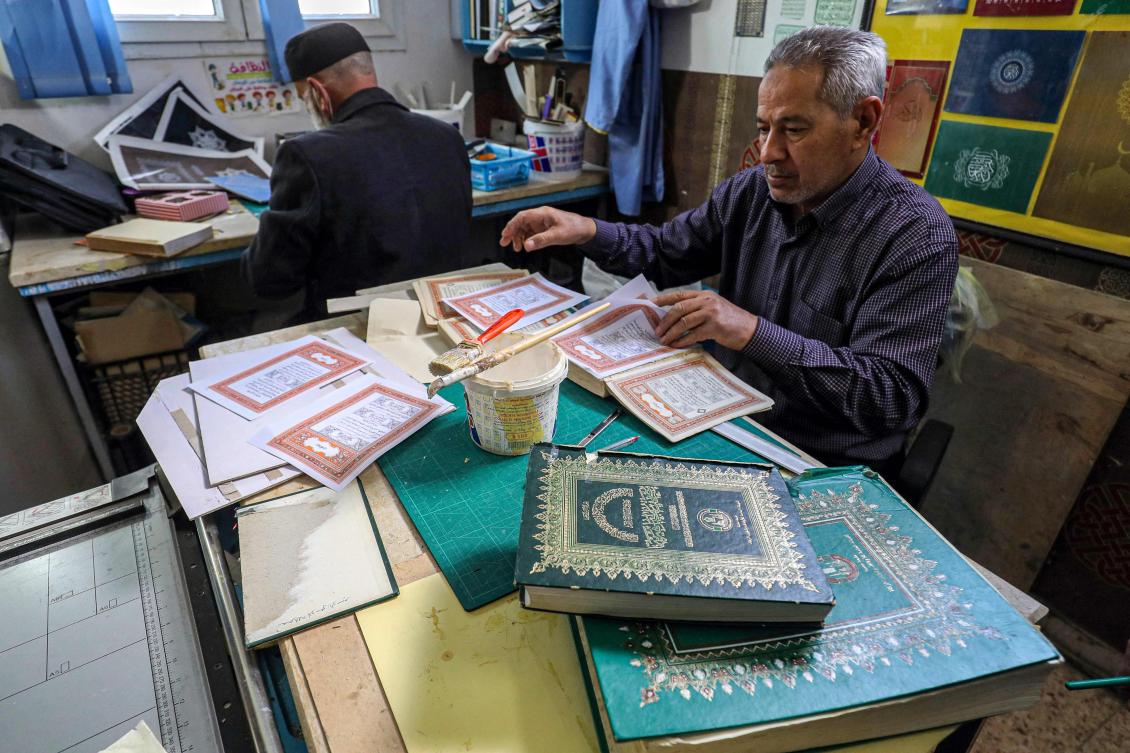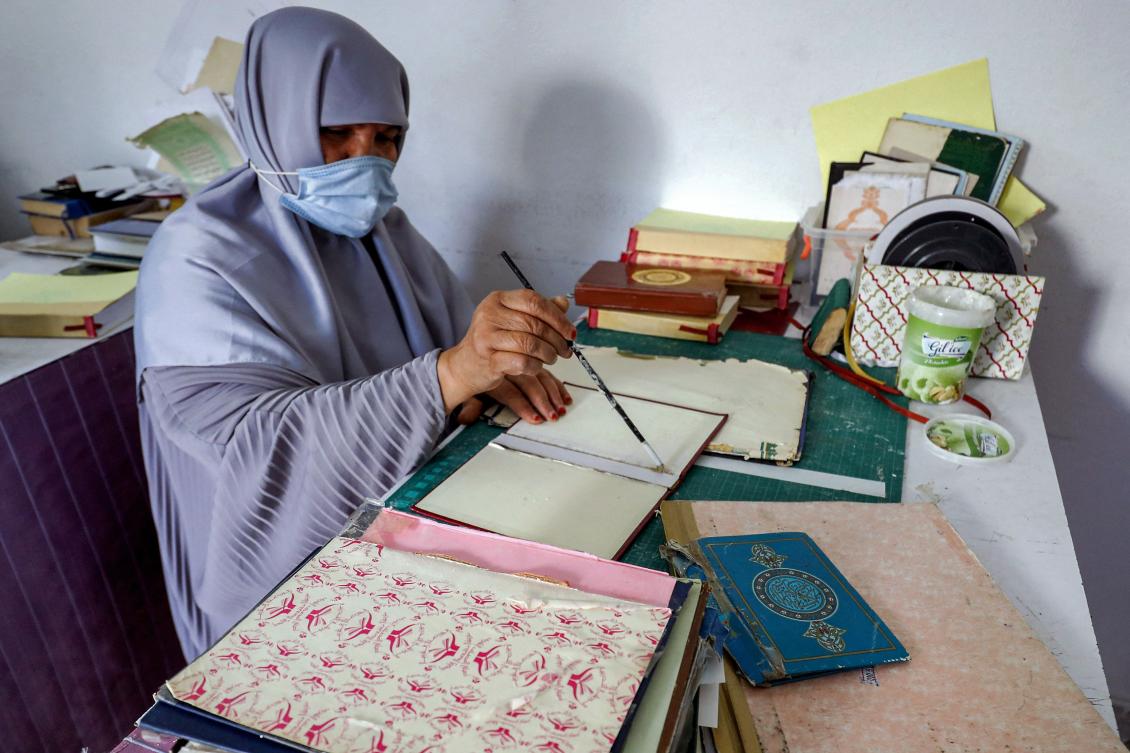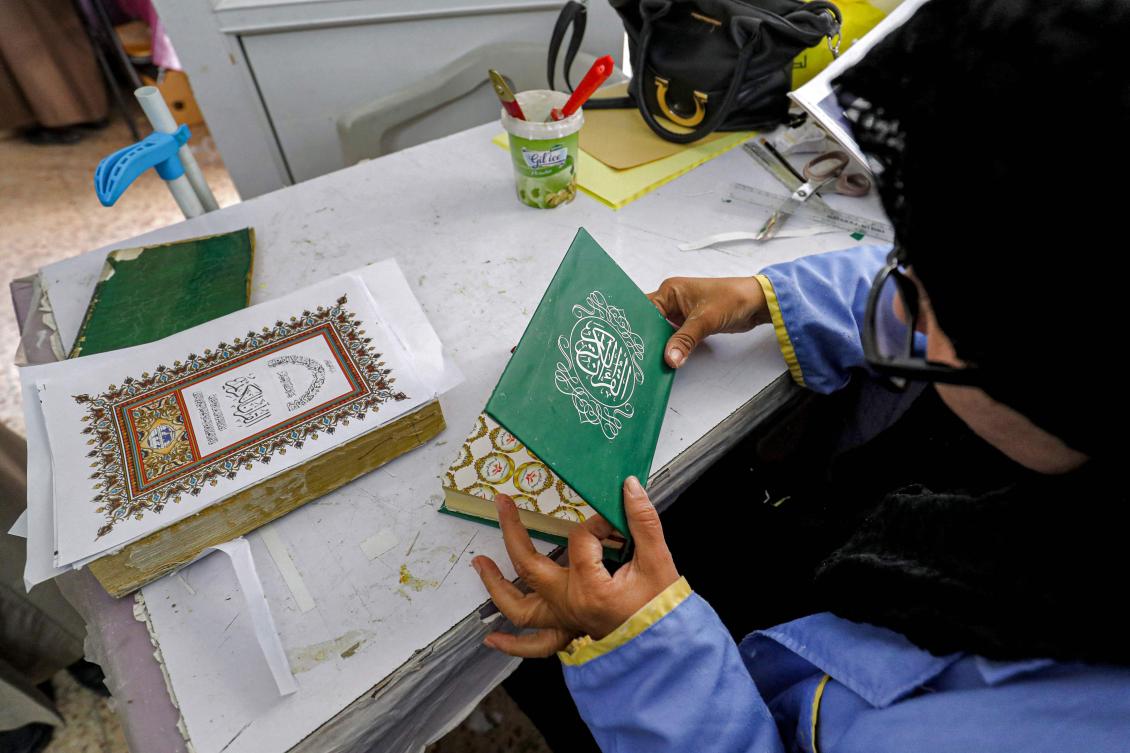Pope Francis to visit crisis-hit Lebanon in June
BEIRUT: Pope Francis is set to visit Lebanon in June, the country’s presidency said on Tuesday, in a long-awaited trip that comes amid spiralling financial and political crises.
Lebanon, home to one of the largest Christian communities in the Middle East, has been gripped by an unprecedented economic downturn since 2019, with more than 80 percent of the population now living in poverty.
The pontiff, who has received Lebanon’s president and prime minister in the Vatican in recent months, had previously promised to visit the country and repeatedly expressed concern over its worsening crises.
“Apostolic Envoy Joseph Spiteri informed President Michel Aoun that Pope Francis will visit Lebanon next June,” a presidency statement said.
“The Lebanese people have been waiting for this visit for some time to express gratitude to his holiness for his support,” the statement said, adding the exact date and agenda for the visit would be set later.
Lebanese took to social media to celebrate the announcement.
“A welcome to the pope of peace in the holy land,” said one user.
Lebanon, a multi-confessional country of some six million people, is home to a Muslim majority but Christians account for around a third of the population.
Pope Francis’ planned visit, coming after Lebanese parliamentary elections scheduled for May 15, would be the third by an incumbent pope to the country since the end of its 1975-1990 civil war.
The last trip in 2012 saw Pope Benedict XVI visit to appeal for peace, months after the start of the civil war in neighboring Syria.
Pope John Paul II visited in 1997, drawing one of the largest crowds Lebanon had ever seen.
“Lebanon is more than a country — it is a message,” he said at the time.
One social media user drew a parallel between the 1997 visit and the one expected in two months.
“Just as Pope John Paul II was a hope for Lebanon, Pope Francis too will definitely be a new hope,” he wrote on Twitter.
“During elections, out with the old and in with the new,” he said, referring to traditional party leaders who have been at the helm of Lebanese politics since the end of the civil war.
Pope Francis met last month with Lebanon’s president, who is a Christian as dictated by the country’s constitution which also divides seats in government and parliament along sectarian quotas.
In November, he received Lebanon’s Muslim Prime Minister Najib Mikati in the Vatican.
“May God take Lebanon by the hand and tell it: ‘Get up!’” the Vatican quoted Francis as saying during the meeting.
During a visit to Cyprus in December, Pope Francis met with the head of Lebanon’s Maronite Church and expressed concern over the country’s crises.
He also received the heads of Lebanon’s top churches in July.
In August, he called on the international community to offer support to Lebanon, one year after an explosion in Beirut port killed more than 200 people and destroyed swathes of the capital.
Since 2019, the Lebanese currency, the pound, has lost more than 90 percent of its value against the US dollar on the black market.
The bankrupt Lebanese state has struggled to afford basic imports of fuel, food and medicine.
With no exit in sight from the country’s crisis, Lebanon’s population has fled the country en masse in a detrimental brain drain.
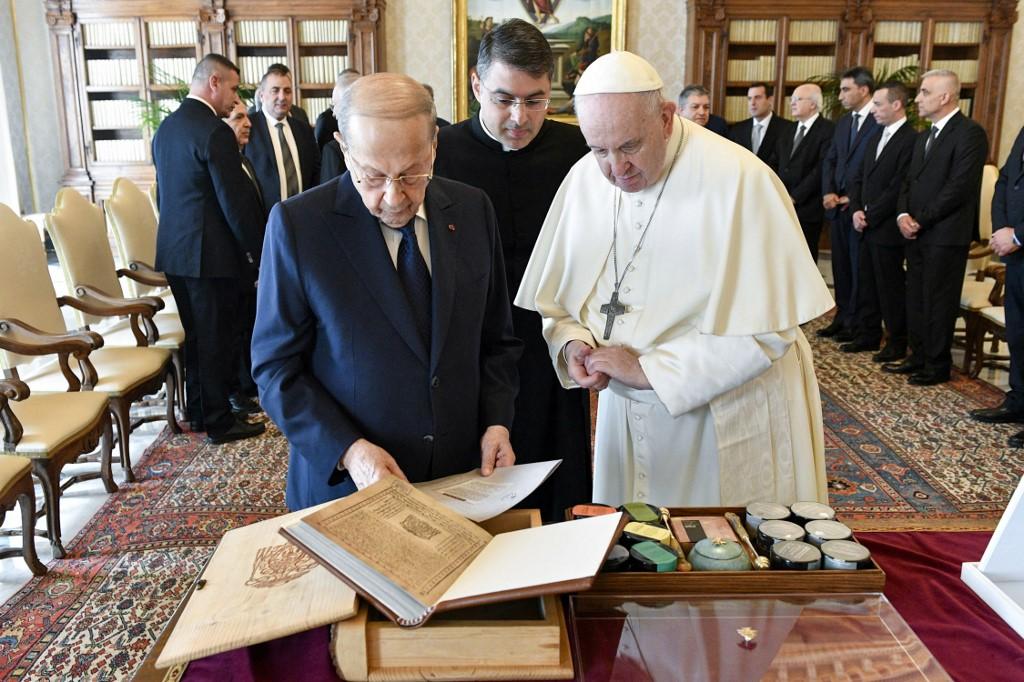
Lebanese president extends invitation to Pope FrancisPope Francis calls for end to ‘armed aggression’ as Ukrainian refugees rise to 2.5 million
